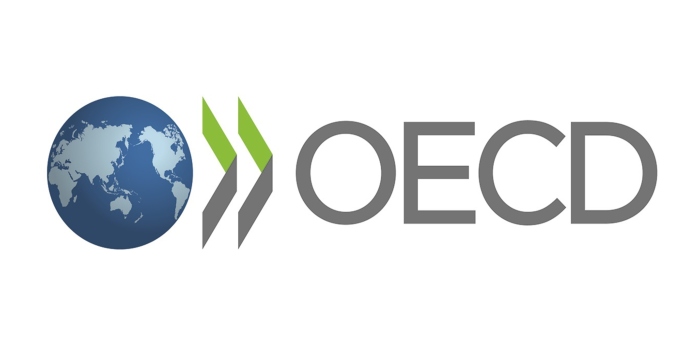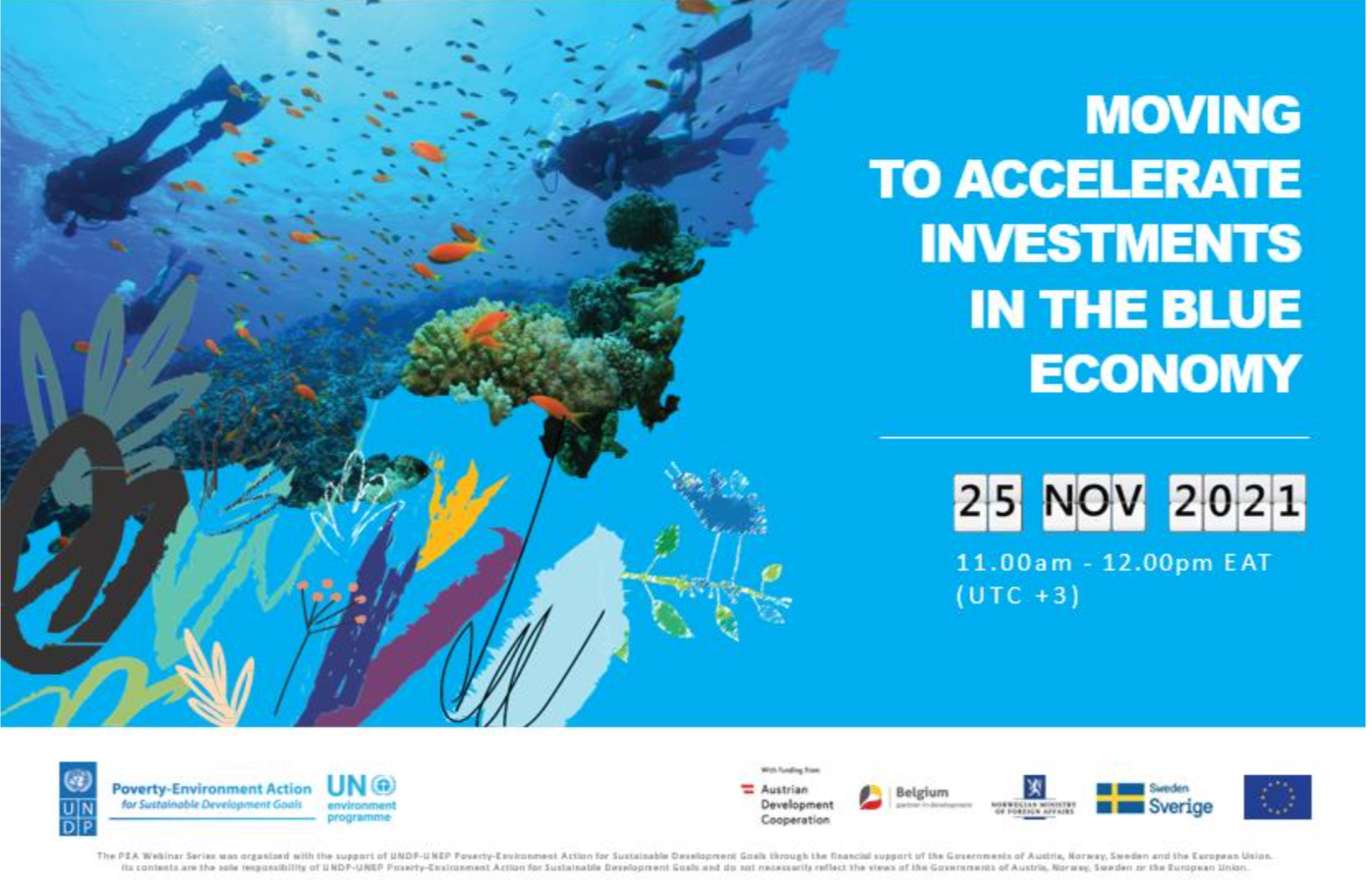Sustainable Finance
Public - visible to all visitors to the platform.
Open to join - users can join this group without approval.
Invite only - users can only join this group if they are added/invited by group managers.
About this Discussion
The financial system can play a major role in contributing to a transition towards a low-carbon, resilient and inclusive economy. However, for this to happen, three key deficiencies must be addressed: the misallocation of available capital for long-term development; externalities and systemic risk, including climate change; and environmental stress, notably natural disasters. Critical to aligning financial and capital markets will be measures within the financial system to green private finance through adjustments to key policies, regulations, standards and norms, and through market innovations.
In 2018, the Global Environment Facility (GEF) launched the GEF Aligning Finance Policies project to build international consensus to align financial systems with the UN Sustainable Development Goals (SDGs) and develop national regulatory actions. The project focuses on the development of national Sustainable Finance Roadmaps in six countries – China, India, Kazakhstan, Mexico, Mongolia and Nigeria – and building international consensus on best practices – from policies and regulations to standards and norms – to green the financial system.
This Green Forum discussion is for professionals to share their knowledge and experience on sustainable finance, particularly best practices to help align the financial system with sustainable development and climate change mitigation needs, as well as ways to incorporate sustainability factors into the rules that govern banking, insurance, institutional investment and capital markets.
Supported by

Sustainable Finance
Created a Post in Blue Economy, Natural Capital, Sustainable Finance
Created a Post in Climate Change, Sustainable Finance
Created a Post in Climate Change, Sustainable Finance
Created a Post in Climate Change, Energy, Sustainable Finance
Created a Post in Climate Change, Energy, Sustainable Finance
Created a Post in Climate Change, Sustainable Finance
Created a Post in Sustainable Finance
Created a Post in Sustainable Finance, Green Recovery from COVID-19
Created a Post in Sustainable Finance
Created an Event in Sustainable Finance, Blue Economy






